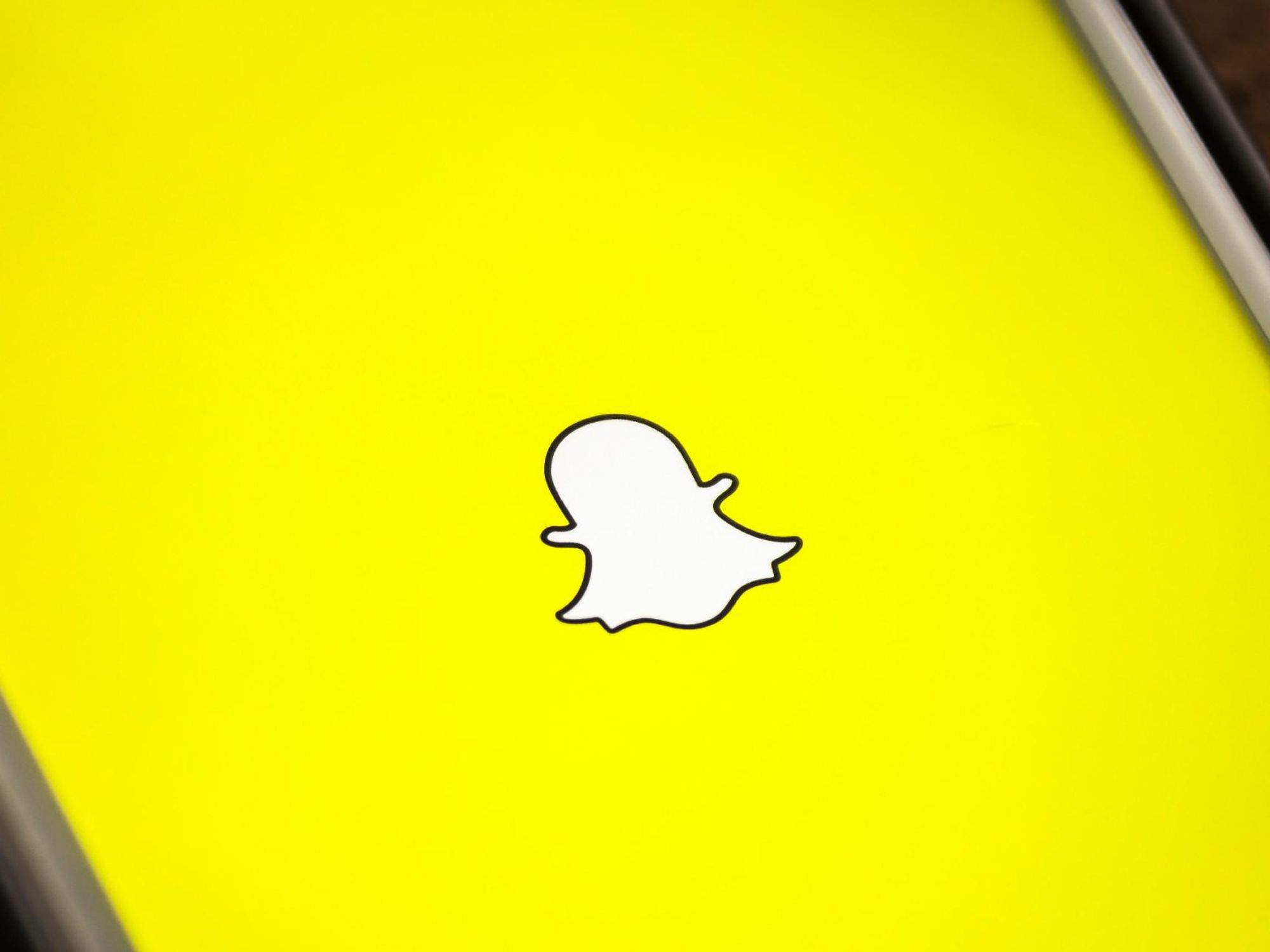Snap Sued Over Cyberbullied Teen Who Took His Life
Sam primarily covers entertainment and media for dot.LA. Previously he was Marjorie Deane Fellow at The Economist, where he wrote for the business and finance sections of the print edition. He has also worked at the XPRIZE Foundation, U.S. Government Accountability Office, KCRW, and MLB Advanced Media (now Disney Streaming Services). He holds an MBA from UCLA Anderson, an MPP from UCLA Luskin and a BA in History from University of Michigan. Email him at samblake@dot.LA and find him on Twitter @hisamblake

The family of 16-year-old Carson Bride alleges Snap Inc., the Santa Monica-based parent company of Snapchat, has been negligent in safeguarding against cyberbullying after the Oregon teen committed suicide last year.
Carson's mother Kristin Bride, who is leading the lawsuit, filed on Monday and asked the U.S. District Court for Northern California to consider the suit a class action on behalf of 93 million Snapchat users in the U.S.
Carson endured scores of lewd, mean-spirited messages from anonymous senders via the anonymous apps YOLO and LMK on Snapchat, according to the lawsuit. Both apps have been integrated into Snapchat since 2019 through Snap's Snap Kit software.
Lawyers said Carson attempted, in vain, to request the apps enforce their anti-bullying safeguards, such as banning those users. But it never happened. He took his own life in 2020 after being unable to stop cyberbullying.
"Clearly, no one was policing YOLO when my son received hundreds of abusive messages during the first 3 weeks of June. These offenders may very well be continuing their bullying practices, especially now that they know the power of their words," Bride's mother wrote shortly after her son's death, according to the filing.
The lawsuit said Snap Inc. should have foreseen the harm it could cause teens and that YOLO and LMK's very design allowed for it. All three apps are accused of failing to safeguard against cyberbullying.
Bride's family is seeking financial damages in excess of $5 million and the immediate discontinuation of YOLO and LMK. The New York-based anti-bullying nonprofit Tyler Clementi Foundation joined in the suit. They are also demanding Snap remove all third-party apps that fail to set up appropriate safeguards from Snapchat.
Neither Snap, nor L.A. based YOLO or Bay area-based LMK replied to requests for comment.
Carson's mother, according to the suit, unsuccessfully attempted over many months to contact YOLO about her son's suicide. Nobody responded.
"If you create an app which provides a platform for the anonymous bullying of vulnerable teens, the very least you can do is take accountability and assist the parents of your app's victims so that more YOLO deaths do not occur," she wrote.
Lawyers argued Snap Inc. knew about the dangers of anonymous apps. They cited Sarahah, another anonymous-messaging app that was banned from the Apple and Android store after reported incidents of cyberbullying were made public. They also pointed to numerous complaints about cyberbullying on YOLO from users via the Apple App Store.
According to analytics firm Apptopia, YOLO has been downloaded over 53 million times, about 33 million of which have been in the U.S. LMK has been downloaded 7 million times, 5 million domestically. Snap recently disclosed it had 280 million monthly users, the majority of whom are between the ages of 13 and 24.
For Snap, the lawsuit comes on the heels of a separate court ruling that found the company liable for the death of users of a Snapchat feature that shows one's velocity.
- Snapchat Bans YOLO and LMK Partner Apps - dot.LA ›
- Snap Strikes Multi-Year Deal With Universal Music Group - dot.LA ›
- Snap, TikTok must strengthen parental controls, AGs say - dot.LA ›
- Snap, Apple, Google Sued By Teen Who Was Sexually Exploited - dot.LA ›
- Snapchat's Third-Party Guidelines Fell Short - dot.LA ›
Sam primarily covers entertainment and media for dot.LA. Previously he was Marjorie Deane Fellow at The Economist, where he wrote for the business and finance sections of the print edition. He has also worked at the XPRIZE Foundation, U.S. Government Accountability Office, KCRW, and MLB Advanced Media (now Disney Streaming Services). He holds an MBA from UCLA Anderson, an MPP from UCLA Luskin and a BA in History from University of Michigan. Email him at samblake@dot.LA and find him on Twitter @hisamblake



 Image Source: Northwood Space
Image Source: Northwood Space

 Image Source: JetZero
Image Source: JetZero